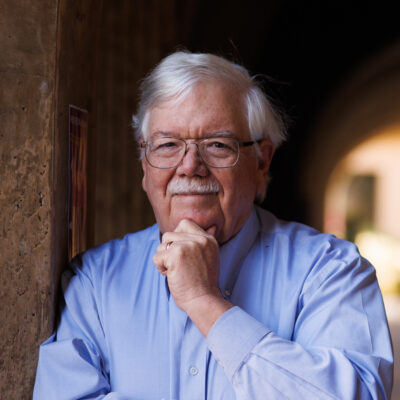George Church Wants To Make Matchmaking A Reality
Summary
A singular obsession defines George Church’s life. He wants to crack open the cellular machinery of every human on Earth and read their genetic blueprint.
Tall and thin with an enormous white puffy beard and hair to match, Church looks like he’d be as comfortable at Hogwarts as he’s been at Harvard Medical School, where he is a professor of genetics, over the past three decades. His projects can seem just as wizardly. Church has explored everything from reversing aging to resurrecting the woolly mammoth, and he helped launch the revolutionary Human Genome Project (HGP), which sequenced human DNA in its entirety.
…
“I don’t think people are going to do that,” says Stanford University bioethicist Hank Greely, who specializes in the legal and ethical issues of genetics. He says it’s silly to think you could generalize from one tight-knit group to the rest of the U.S. “It’s a very different culture from the rest of the country,” he says.
…
Greely also downplays another common fear. It would be almost impossible for people to use their genome sequences alone to produce designer babies, he says. That’s because most traits, like height or intelligence or even eye color, involve a huge number of genes, many of which are unknown. By contrast, many genetic diseases come from just a single gene.
…
Furthermore, Greely says he’s not really worried about people getting access to his genomic data, even though he doubts Nebula — or any other company — can guarantee their databases won’t be hacked. “I’m far more concerned with my credit card receipts and Google search history,” he says. “Those say a lot more about me and my life than my genes do.”
In the end, Greely says the biggest concern may be having everyone walking around thinking about their genetic fates. Armed with knowledge of your predisposition to a certain disease, you might be able to take preventive action. But for many conditions, there’s no cure. “Do you really want to know all that info?” he asks.
Read More
